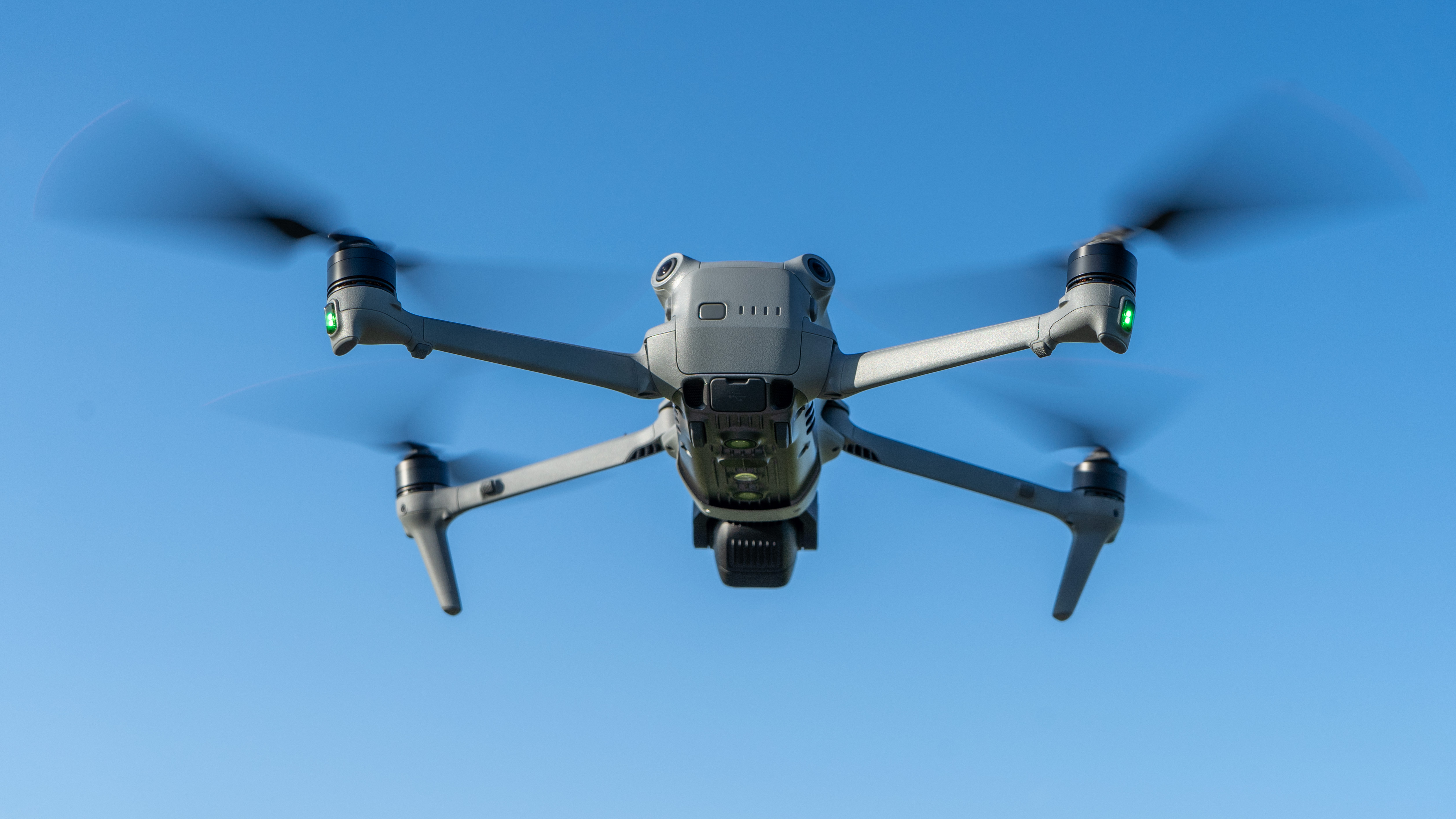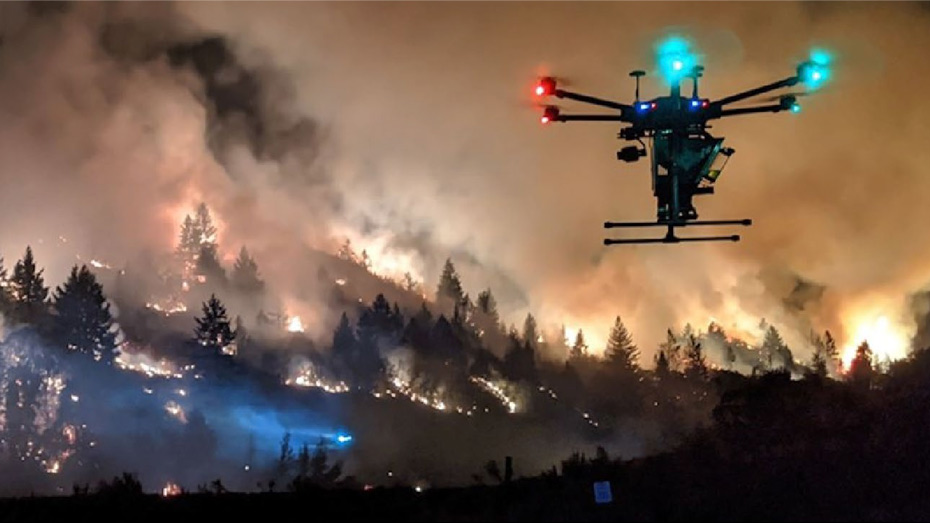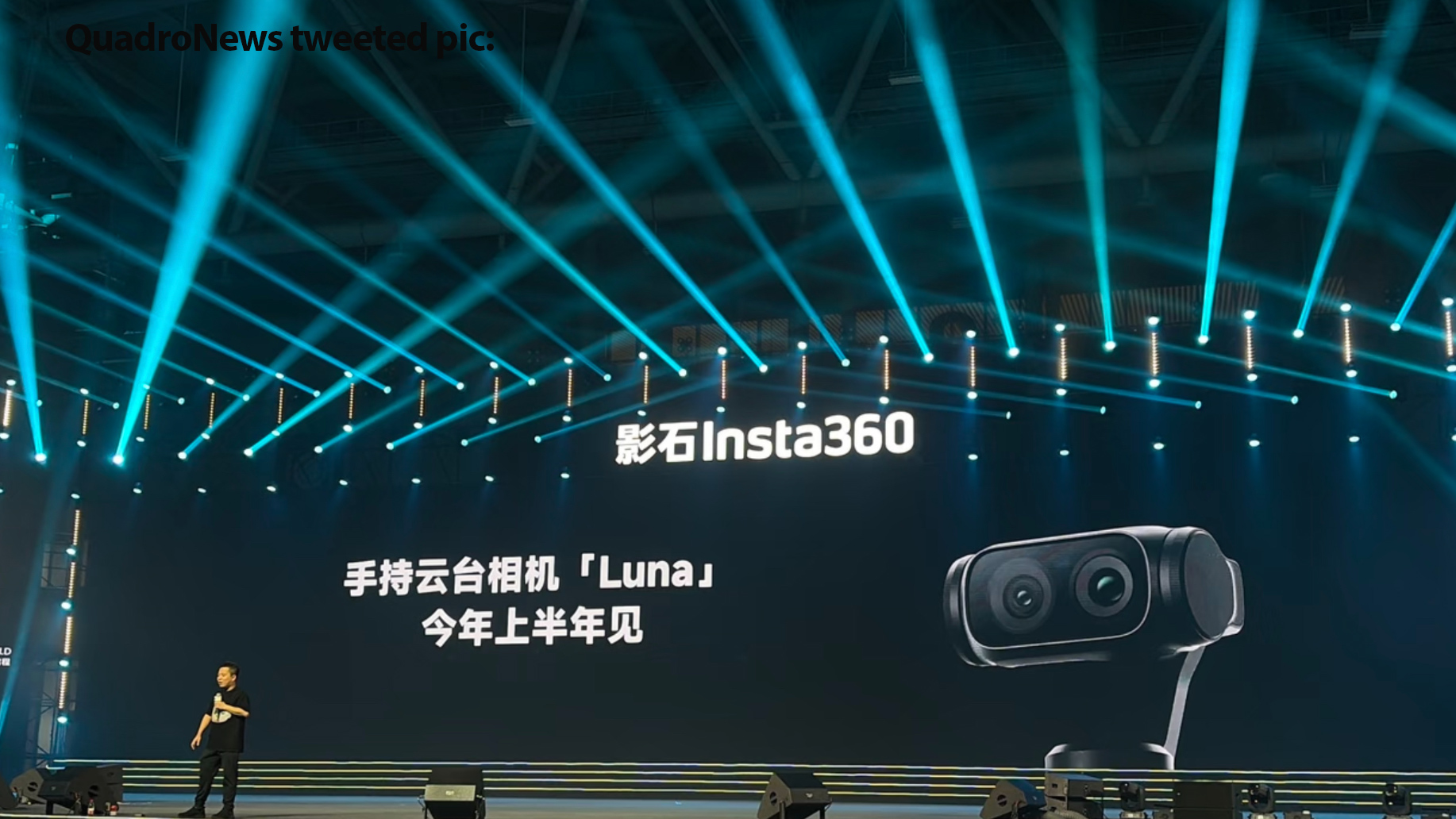DJI vs The Pentagon: Drone company takes on the US Department of Defence
DJI strikes back at the bans facing it by suing the US Defence Department

The best camera deals, reviews, product advice, and unmissable photography news, direct to your inbox!
You are now subscribed
Your newsletter sign-up was successful
DJI, the world's largest commercial and consumer drone manufacturer, is taking on the US Department of Defence (DoD) for accusing it of being part of China's military and so putting a legal clamp on its sales in the USA.
The DoD has labeled the company, which puts it on a list that dramatically affects its ability to sell in the US. This isn't the same as the current customs "misunderstanding", but that hostility may be affecting DJI's robust policy response.
In this case, DJI argues that it "is neither owned nor controlled by the Chinese military." It says that the DoD has made an "unlawful and misguided decision" and, the crux of the matter, DJI has "lost business deals, been stigmatized as a national security threat, and been banned from contracting with multiple federal government agencies."
It is certainly true that, regardless of the evidence, in the eyes of many, DJI is now a national security threat in the USA. This is frustrating for many operators with experience using the devices and the tech.
The DoD hasn't commented, but there are other Chinese firms on the list – AVIC, memory chip maker YMTC, China Mobile and energy company CNOOC, according to Reuters.

This case could be massive. Right now it is simply a petition to a District Judge in Washington but, even if it was only taken at face value, it is making a claim about a potentially huge amount of lost revenue given the reputational damage.
It comes at a time when the existing fleet of drones bought from DJI is aging and – thanks to the rules DJI is contesting – government-affiliated departments (like police and national parks) aren't allowed to replace them with DJI products. The US Government Accountability Office has even drawn the dots between this and wildfire monitoring.
The best camera deals, reviews, product advice, and unmissable photography news, direct to your inbox!
In reality, though, the case is probably about more than drones. In the longer run political tensions between China and the US are leading to increasing tariffs, which means more expensive tech for consumers (the WTO presents an economic analysis).
There, too, is a potential problem for DJI, maker of most of the best camera drones (at least for the rest of the world); companies have been removed from this list before. Hesai, which makes LiDAR chips, challenged the Pentagon successfully on similar grounds, only to be threatened with a 'national security' ban (DJI, incidentally, just added LiDAR to its Air 3S drone).
With all those concerns, some might want to look for the best non-DJI drone, though so far it seems anything you can get your hands on will still be supported; right now, bans only affect future products.

With over 20 years of expertise as a tech journalist, Adam brings a wealth of knowledge across a vast number of product categories, including timelapse cameras, home security cameras, NVR cameras, photography books, webcams, 3D printers and 3D scanners, borescopes, radar detectors… and, above all, drones.
Adam is our resident expert on all aspects of camera drones and drone photography, from buying guides on the best choices for aerial photographers of all ability levels to the latest rules and regulations on piloting drones.
He is the author of a number of books including The Complete Guide to Drones, The Smart Smart Home Handbook, 101 Tips for DSLR Video and The Drone Pilot's Handbook.
